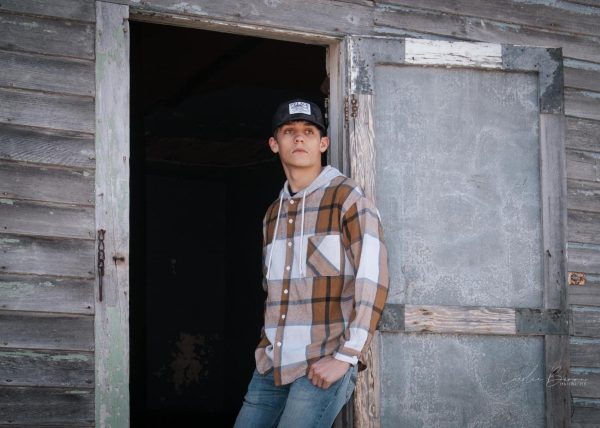After 2 Years, Judge Names Border Patrol Agent Who Shot Mexican Multiple Times In Back
November 18, 2014
By Tim Johnson
McClatchy Foreign Staff
MEXICO CITY _ A U.S. district court judge has released the name of a Border Patrol agent who pointed his firearm through the border fence that divides Mexico from the United States in 2012 and killed a 16-year-old Mexican youth as he walked on a sidewalk in his home country.
Judge Raner Collins in Tucson, Ariz., ruled Thursday that the public had a right to know the identity of the agent, Lonnie Swartz.
Swartz is a defendant in a civil lawsuit filed by Araceli Rodriguez, mother of Jose Antonio Elena Rodriguez, who was killed about 11:30 p.m. on Oct. 10, 2012, as he walked along a street parallel to the border fence that divides Nogales, a city that straddles the border between Arizona and Mexico. Elena was shot 10 times, all but one of the bullets striking him from behind.
Border Patrol accounts of the shooting said that the agent had opened fire because he felt threatened by rock throwers, but witnesses said Elena Rodriguez was simply walking along the street when the gunfire broke out. The position from which Swartz fired was a bluff 15 to 20 feet above the street. A nearby Border Patrol camera likely captured what took place, but the video it recorded has never been made public.
Swartz’s attorney had argued that the agent should be kept anonymous in court papers, claiming there was no compelling reason to release his client’s name to the public. He was joined in that position by the National Border Patrol Council, the union that represents agents.
“We’re disappointed in the judge’s decision. Obviously there’s been a lot of negative publicity, and we feel it puts the agent’s security at risk,” said union vice president Shawn Moran. “You have groups that are anti-Border Patrol.”
Neither Moran nor the Customs and Border Protection division of the Department of Homeland Security, which oversees the Border Patrol, would say if Swartz is still employed as an agent. CBP said it would have no comment on the litigation against Swartz except that as a matter of policy it does not reveal the names of agents under investigation. No criminal charges have been brought in the case, though the FBI is said to still be investigating.
Lawyers for the Rodriguez family praised Collins’ ruling.
“The disclosure of his name to the public is only fair,” said Luis F. Parra, a Nogales attorney for the family. “Jose Antonio’s name has been out there for two years,” and in that period the youth has not always been painted in a favorable light.
Parra is working with lawyers from the American Civil Liberties Union, an advocacy group that has sharply criticized what it claims are routine excesses by the nation’s largest federal law enforcement agency.
“We feel that transparency in a case like this is critically important, especially because the Border Patrol has a history of hiding their actions,” said Lee Gelernt, lead attorney in the case for the ACLU. “We are not aware of any other case in which a law enforcement officer’s identity was sealed in a civil suit involving actions taken by the officer in the line of duty.”
Border Patrol agents have been involved in 28 shooting deaths along the border since 2010, leading new Customs and Border Protection Commissioner Gil Kerlikowske to tighten use of lethal force policies in late May. Several articles by McClatchy have brought attention to the cases, including the shooting death of Elena Rodriguez in Nogales.
Whether legal remedies are available to families whose relatives are killed when Border Patrol agents fire weapons from U.S. territory into Mexican territory is far from settled and may eventually head to the U.S. Supreme Court.
In a case involving a 15-year-old Mexican youth who was killed in 2010 in a drainage ditch on the Mexican side of the border from El Paso, Texas, a three-judge panel of the 5th U.S. Circuit Court of Appeals in New Orleans ruled 2-1 that constitutional rights do not stop at the border.
The ruling gave a green light to the family of Sergio Hernandez to proceed with a civil suit against Jesus Meza Jr., the Border Patrol agent who killed the youth.
But the 5th Circuit Court panel’s ruling was later vacated, and now the full 5th Circuit will weigh the matter.
Among the issues at stake are whether Border Patrol agents are accountable when they take human lives on the Mexican side of the border or if U.S. courts lack the legal ability to review such actions since the victims fall dead on foreign soil.
Lawyers for victims’ families say future legal rulings could determine if there is a “lawless” area along the border where no legal redress is available for cross-border actions by the Border Patrol.
___
(c)2014 McClatchy Washington Bureau
Visit the McClatchy Washington Bureau at www.mcclatchydc.com
Distributed by MCT Information Services







